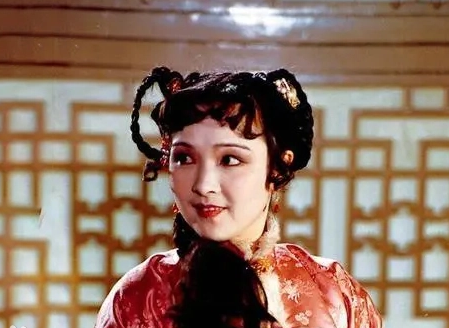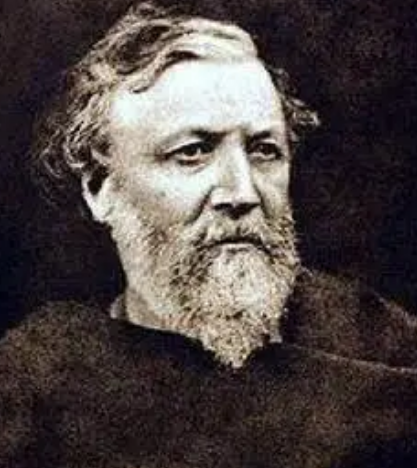Throughout the long history of Europe, the nobility has always played a pivotal role. Their names are not only markers of personal identity, but also embody the honor, historical traditions, and social status of their families. Understanding the composition and meanings of European noble names can help us delve deeper into the cultural characteristics and influence of this social stratum.

Firstly, the inheritance and evolution of noble surnames. The names of European nobles typically consist of a surname and a given name, with the surname serving as a symbol of family lineage. Many noble families trace their surnames back to the Middle Ages or even earlier periods. For instance, in the surname "Von Braun," "Von" indicates nobility, while "Braun" is the family name. These surnames not only represent the honor of the family but also serve as a testament to the continuation of family history. Over time, some noble surnames have undergone changes to adapt to political and social shifts.
Secondly, the diversity and cultural connotations of noble given names. Compared to surnames, noble given names display a greater degree of variety. They often originate from the Bible, ancient Greek and Roman mythology, or the names of family ancestors. For example, the name "Charles" comes from German and means "freeman," and it has been used by kings in many European countries throughout history. These names not only reflect the family's respect for traditional culture but also demonstrate the importance they place on knowledge and education.
Thirdly, the authority symbolized by noble titles and honorifics. In addition to their names, European nobles often possess various titles and honorifics such as "Duke," "Earl," and "Marquis." These titles represent their status and power within the social hierarchy. For instance, "Duke" is a high-ranking title within the British nobility, associated with vast estates and immense social standing. These titles and honorifics are not only significant markers of noble identity but also symbols of their authority.
In conclusion, the names of European nobles are a complex and rich subject, encompassing aspects of history, culture, and society. Studying noble names can enhance our understanding of the hierarchical system, family traditions, and cultural values of European society. Although the influence of the nobility has waned in modern society, their names still carry the memories of history and the glory of their families.
Disclaimer: The above content is sourced from the internet and the copyright belongs to the original author. If there is any infringement of your original copyright, please inform us and we will delete the relevant content as soon as possible.
































